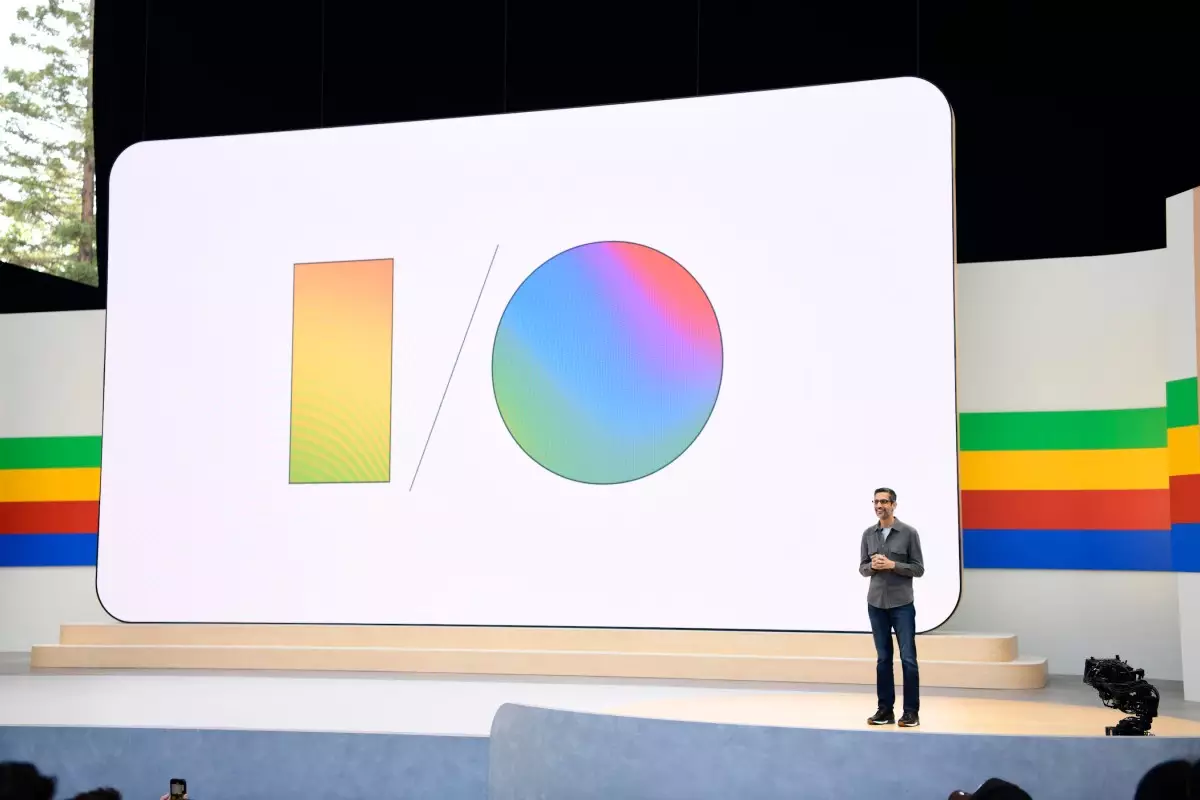Google I/O, a monumental gathering for developers, is set to unfold its magic from May 20 to 21 at the iconic Shoreline Amphitheatre in Mountain View, California. This event is an eagerly anticipated spectacle where the tech titan unveils its latest breakthroughs and product enhancements. The multifaceted nature of Google’s ecosystem means that audiences can expect announcements spanning Android, Chrome, Google Search, YouTube, and significantly, the evolution of Google’s AI chatbot, Gemini. As artificial intelligence continues to shape the technology landscape, Google is at the forefront of this transformation, and I/O 2023 promises to be a watershed moment for the company.
The Gem of AI: What’s New with Gemini?
Among the most anticipated features of this year’s conference is the spotlight on Gemini, Google’s ambitious family of AI models. Over recent weeks, rumors have swirled surrounding an upgraded version known as Gemini Ultra, which is rumored to bring enhanced capabilities that may elevate user experience to new heights. Google has already positioned itself prominently in the AI arena, and a premium version of Gemini could signify a strategic shift towards a more subscription-based model. The current offering, Gemini Advanced, priced at $20 per month, may soon be joined by new tiers—Premium Plus and Premium Pro. The details regarding the capabilities of these new subscriptions remain sparse, but the trajectory suggests that Google aims to offer more to its paying customers, further entrenching Gemini as a linchpin of its AI strategy.
AI-Powered Applications: The Astra Initiative
In a landscape increasingly defined by AI advancements, Google’s Astra initiative is likely to be a major focal point at I/O. This ambitious program is designed to cultivate AI applications that operate not just in isolation but in collaboration—demonstrating real-time, multimodal understanding. The introduction of Project Mariner, another exciting endeavor aimed at developing AI agents capable of surfing the web and executing tasks autonomously on behalf of users, can transform the way individuals interact with digital resources. Google’s commitment to AI isn’t merely a trend; it’s foundational to reshaping how users experience their digital environments.
Android Evolution: Anticipating Android 16
This year’s I/O will also introduce a paradigm shift in mobile operating systems with the announcement of Android 16. For the first time, Google is hosting a separate event, The Android Show, just before the main conference, signaling the importance of these updates. The new operating system is anticipated to enhance user experience through a refined design language known as Material 3 Expressive. Described by Google as a comprehensive overhaul, this redesign promises to make notifications more fluid and visually engaging. Additionally, quality-of-life features like Auracast support, dynamic lock screen widgets, and new accessibility options are set to redefine user interaction with their devices.
Expanding Horizons: Mixed Reality and Wearable Tech
Google won’t stop with Android enhancements; it will also likely unveil advancements in its mixed-reality operating system, Android XR, and its wearable device software, Wear OS. The integration of augmented reality and AI into everyday functions is more than just a futuristic concept; it’s becoming a tangible reality, and I/O will be the platform to demonstrate this evolution. With tech giants racing to establish themselves in the wearable market, Google’s contributions could be pivotal in ensuring it remains influential in this rapidly changing landscape.
The AI-Driven Future: Beyond Expectations
The excitement surrounding Google I/O is palatable, especially when considering the company’s track record of announcing unexpected AI innovations. Last year saw the introduction of groundbreaking models like LearnLM, fine-tuned for educational applications. Rumors of a new tool being developed within the NotebookLM framework—specifically designed for generating video content—suggest that Google is not just responding to existing demands but actively shaping future trends in content consumption. The integration of AI models like Veo 2 represents the next evolutionary step in how we think about storytelling and information presentation.
Overall, Google I/O 2023 stands poised to be a catalyst for numerous technological advancements that will redefine user experiences across its product portfolio. As Google navigates this uncharted territory, the implications for users, developers, and the tech ecosystem as a whole promise to be monumental.

